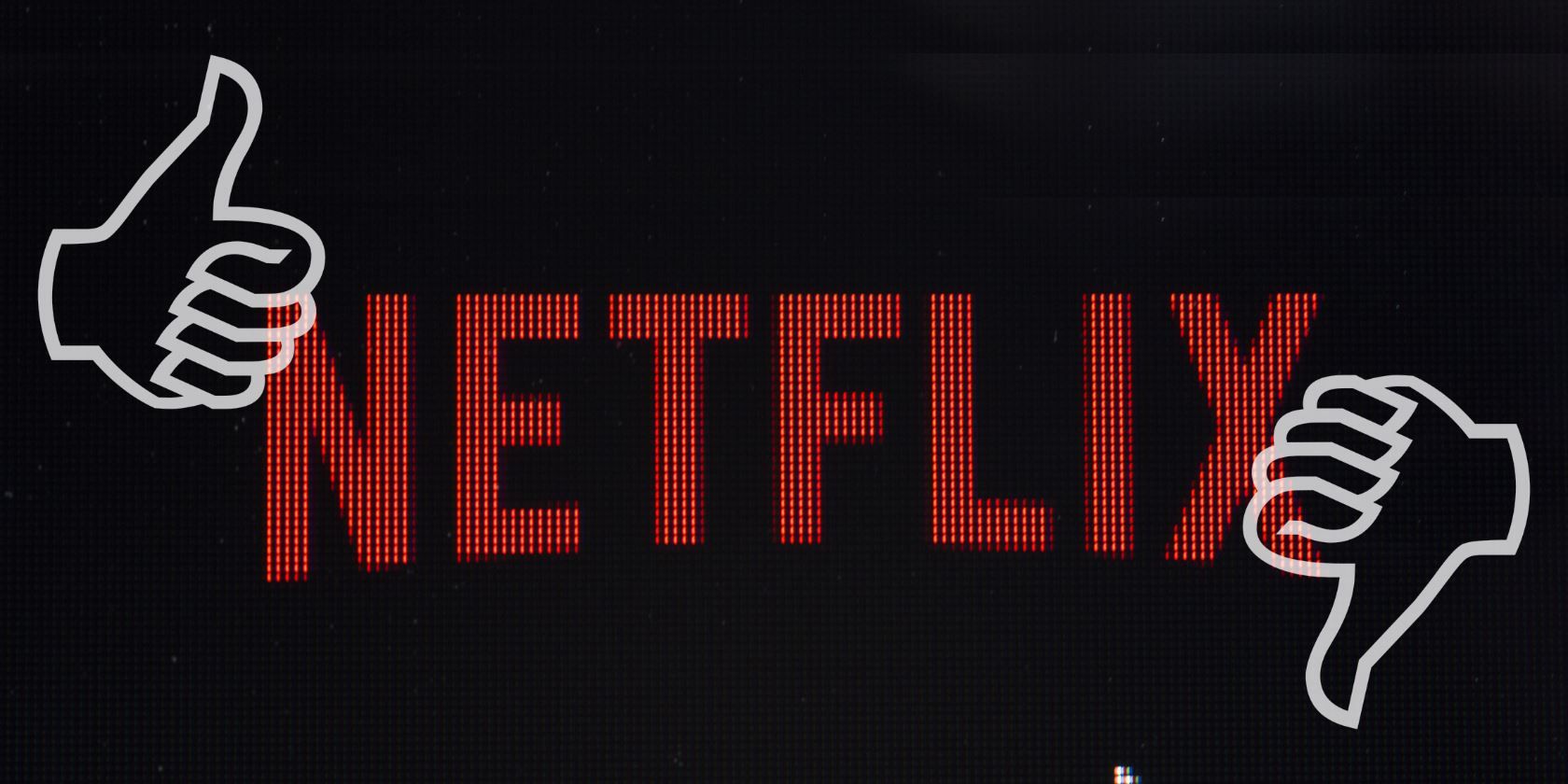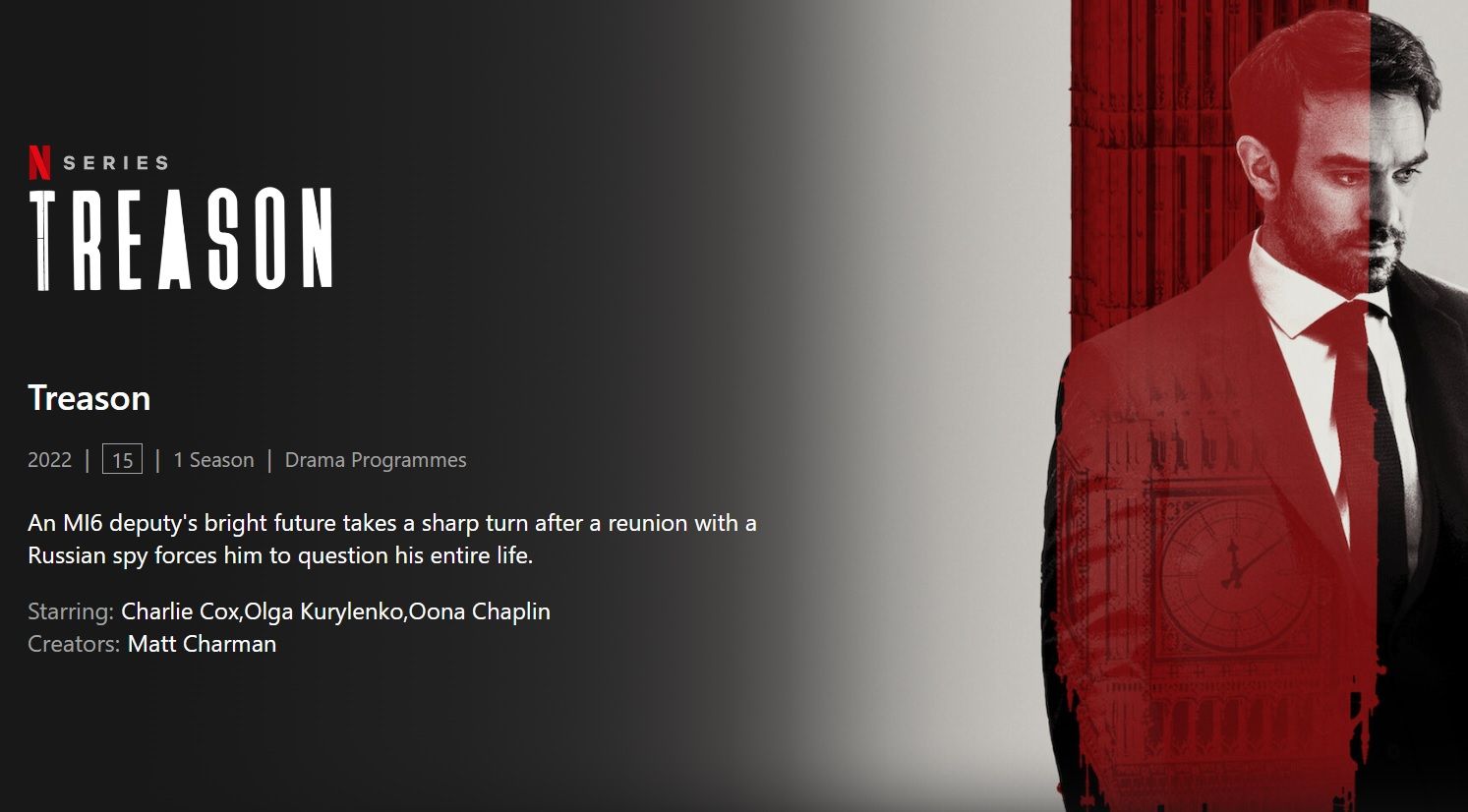The streaming giant, Netflix, has a reputation for canceling shows in their infancies, often after one or two seasons. Victims include Blockbuster, Resident Evil, Space Force, Sense8, The Baby-Sitters Club, and First Kill.
You might not have heard of some of those. Others might be your much-missed favorites. But Netflix should cancel TV shows not enough people are watching.
Why Does Netflix Cancel So Many TV Shows?
First, it's not always Netflix's decision to take shows off its service. Licensing issues often mean content disappears. Even some Netflix originals vanish, including its Marvel shows, which segued onto Disney+. Nonetheless, Netflix does cancel a lot of shows.
So let's hear from Netflix. Why is Netflix killing so many TV series? Netflix’s head of U.S. and Canada scripted series, Peter Friedlander, assures viewers that it's a tough decision to make, not something done on a whim. He told Variety:
"It’s just a frustrating part of the job that’s been a part of our business forever, so this isn’t a new experience to have cancellations, and hopefully we can continue to bring in shows that continue."
It sounds like Friedlander sees this as a natural part of making TV: to get new shows into production, you've got to let old ones go. And he's right. Here are a few reasons why Netflix is right to cancel TV series.
Netflix Exists to Make Money
It's easy to forget that Netflix is driven by one thing: money. You probably don't even notice the $9.99 per month leaving your bank account. Even Netflix's Premium plan is good value, right?
Unless you have an ad-supported subscription, you don't see advertisements. You don't have to skip boring parts because you won't see a minute-long endorsement for a vacuum cleaner. Nonetheless, the popularity of shows dictates fees on Netflix. Popular series generally mean more subscribers, and the more viewers, the longer fees can remain comparatively cheap.
Netflix isn't entirely free of advertising—it's just not in a form that's instantly recognizable.
Without heavy-hitting shows such as Stranger Things and Wednesday, Netflix couldn't command high rates for product placement. This is a clever technique used across the film and TV industry in which brands pay for their products to have screen time. It's no coincidence if you see someone using an Apple Mac or driving an Aston Martin DB10; their inclusion might've helped pay for the production.
We expect ordinary networks to cancel shows to satisfy advertisers and critics, so why would Netflix be any different?
Do We Care Too Much About Shows?
It's entirely necessary for shows that don't have a massive following to be canceled. It means funds can be funneled into other projects that might be more successful.
Imagine being in a producer's shoes: with the abundance of online buzz about Treason, it's easy to justify keeping it on the streaming platform. It's not so easy when it comes to, for instance, The Midnight Club, which was supposed to be greenlit for more than one season, but instead ended with a cliffhanger.
Every production has to justify its budget. Netflix has to cater to a wide range of tastes, but if it spreads itself too thinly, finances suffer. On the whole, it has to run with narratives that prove the most popular and, by extension, the most financially sound. Survival of the fittest.
You might've grown attached to a show, but at least Netflix made it in the first place, so you can rewatch it. Meanwhile, Netflix attempts to find another narrative that works for a bigger slice of its audience, including you. TV thrives on the new, and the service has shown a willingness to diversify; for instance, Netflix plans to start live streaming events.
Favor Quality Over Quantity
There will always be cancelations that hit hard. But however much you care for a show, we need to admit that they have short shelf lives. The strictures of the format mean burnout is inevitable. A show might become unrecognizable to you, or the producers might make a decision that goes against your idealized view of the story. Narratives have limitations; we need to accept that.
All networks are guilty of dragging a show out for too long, just for profit. Surely it's preferable that a show is canceled before it morphs into something you no longer recognize. There are many examples of this like The Simpsons, Dexter, Lost, The US Office, Nip/Tuck, Family Guy, and Doctor Who. They got gradually worse as time went on. Admittedly, some eventually improved again, but you need a lot of investment to get through hard times. Narrative closure is more important than dragging something on past its natural life.
Sure, some shows are canceled before their time, but this might be preferable to having something tainted by quality issues.
Social Media Is Important to Netflix
Any publicity is good publicity. It often seems that Netflix values people talking about its shows more than actual viewing figures.
Netflix's intention has always been to make a cultural impact, to be seen to be the best streaming service, whether it actually is or not. Society encourages us to get too attached to shows. Your GIFs, fan art, and "shipping" of characters is great for Netflix because it drums up extra publicity for its various series. And it doesn't especially matter if that publicity is good or bad.
Look at the documentary, Harry & Meghan. Netflix was smart enough to stagger its release: the six episodes were made available across two weeks in December 2022 because that way, they got extra publicity. Much of it was bad, but it got people talking and paying attention again. Social impact is important: the lack of networking interest in a series is a death knell. If you live by the sword, you die by the sword, and social media is a considerable blade to wield.
Without a vocal following, Netflix has to drum up publicity. All brands need to do that, but consumers are more skeptical of this than about their peers talking about something. When Netflix is the only source of noise, a show hasn't generated any extra interest in the service as a whole. That's worse than negative press.
Would You Cancel Netflix?
Netflix doesn't always get it right, but with a decent formula, i.e. a mix of acclaim, good ratings, social media interest, and strong narrative, it also gives viewers some much-loved, long-lasting franchises.
You may argue that TV series are canceled before they hit their stride, but most are at least six episodes per season: if a story hasn't found itself in that time, Netflix is within its rights to give up on it—just as most viewers will. It'd be like watching two rubbish movies in a row, just to see whether it's worth investing in the third.
Still, if you feel that Netflix is wrong to let so much go to waste, then hit the streaming service right where it hurts: cancel Netflix and let your voice be heard.




